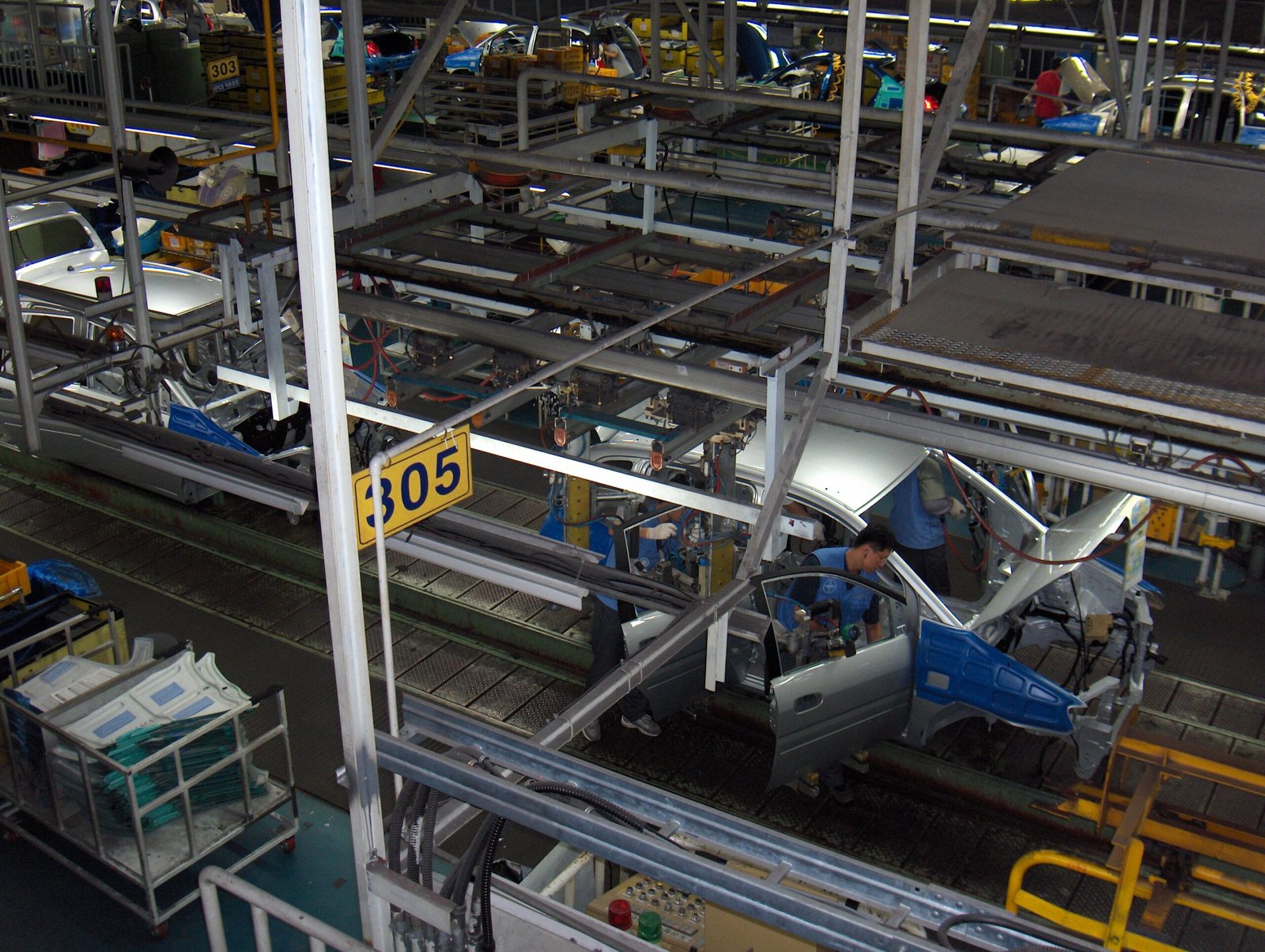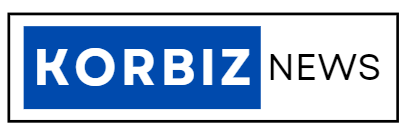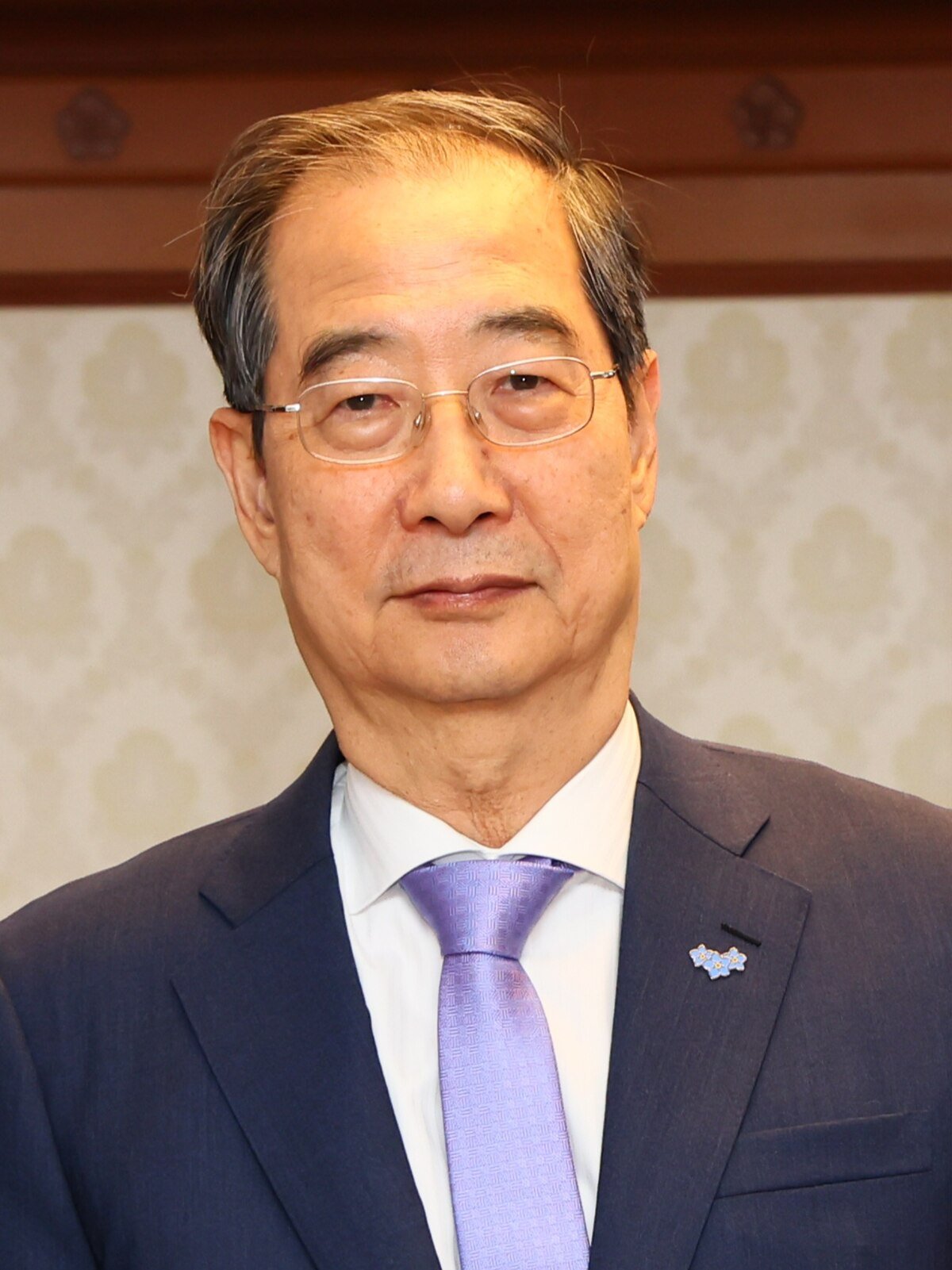
- South Korea’s manufacturing sector, including semiconductors and auto, is expected to see a sales slump in Q1.
- The Business Survey Index (BSI) for the country’s top manufacturing companies has dropped to 88, indicating pessimism in the industry.
- Key sectors like wireless communications, bio industry, and secondary battery have seen a decrease in their BSI.
- The sector faces challenges due to sluggish domestic demand, global economic uncertainties, and potential impact of changing trade policies.
South Korea, a nation known for its robust manufacturing sector, is bracing for a challenging first quarter as economic uncertainties loom large. The country’s manufacturing industry, which includes key sectors such as semiconductors and auto, is projected to witness a slump in sales in the first quarter of the year. This forecast is based on data released on Sunday, which paints a rather pessimistic picture for the industry.
The Business Survey Index (BSI), a key indicator of business sentiment, for the country’s top 1,500 manufacturing companies by sales, has dipped to 88 for the January-March period. This is a significant drop from the 95 recorded for the fourth quarter of 2024. The data, released by the Korea Institute for Industrial Economics & Trade (KIET), is a clear indication of the prevailing pessimism in the industry.
The BSI is a crucial barometer of business sentiment. A reading below 100 indicates that pessimists outnumber optimists, while a figure above the benchmark suggests the opposite. The index has been languishing below the benchmark since the third quarter of last year, according to reports from Yonhap news agency.
Sector-Wise Analysis Reveals Pessimistic Outlook
The BSI for various key parameters such as exports, facility investment, employment, and financial condition have all registered below 100, standing at 91, 95, 96, and 85, respectively. This further underscores the prevailing negative sentiment in the industry.
A sector-wise analysis of the BSI reveals a similar trend. The wireless communications industry, for instance, has seen a sharp drop in its BSI, falling to 92 for the first quarter from 112 three months earlier. The bio industry has also seen a decrease, with its BSI falling to 98 from 103. The secondary battery sector has seen its BSI dip to 92 from 100 over the cited period.
The semiconductor industry, a key pillar of South Korea’s manufacturing sector, has also seen its BSI pull back to 88 from 92. The sales outlook for the car manufacturing industry, another major player in the sector, has fallen to 92 from 94.
Concerns Over Global Economic Uncertainties and Trade Policies
Other major industries have also reported negative sales outlooks for this quarter. The BSI for shipbuilding, oil refinery, and steelmaking have come in at 95, 85, and 74, respectively.
In a separate survey conducted by the KIET, manufacturing firms cited sluggish domestic demand, global economic uncertainties, a weakening Korean won, and higher production costs as negative factors affecting their business. More than 40 per cent of the companies also expressed concerns that the incoming Donald Trump administration’s trade policies could lead to higher inflation and interest rates in South Korea.
This is not the first time that South Korea’s manufacturing sector has faced such challenges. In the past, the sector has weathered similar storms, thanks to its resilience and adaptability. However, the current situation is unique in its own way, given the global economic uncertainties and the potential impact of changing trade policies.
In conclusion, the first quarter of the year looks challenging for South Korea’s manufacturing sector. However, the industry has shown remarkable resilience in the past and it remains to be seen how it navigates through these challenges. The coming months will be crucial in determining the course of the sector for the rest of the year.






